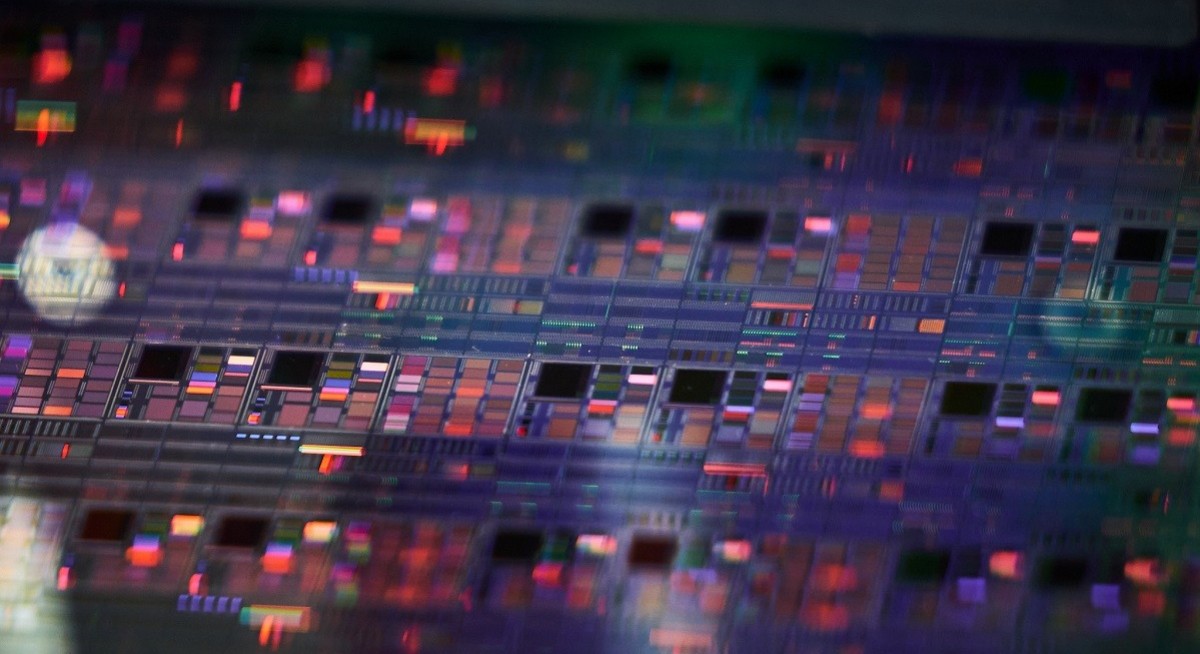The probes come shortly after the US added 23 more China-based companies to its entity list, which imposes restrictions on businesses deemed to be “acting contrary to the national security or foreign policy interests of the US.”
China’s public rebuke of US trade measures sets up a tense opening for a multi—day meeting between top officials from both sides. US Treasury Secretary Scott Bessent is set for discussions with Chinese Vice Premier He Lifeng in Madrid on trade, economic and national security issues.
The talks come after months of back and forth on trade negotiations and a pause of the Trump administration’s elevated tariffs on China while the two sides seek to work out a mutually agreeable deal.
Semiconductors have grown into a key ground of contestation, as the US has cut off China’s access to the most advanced artificial intelligence accelerators and used the licensing of some less-powerful Nvidia Corp. hardware as a bargaining chip — though Chinese officials have pushed back and expressed reservations about security risks.
See also: STMicro sales outlook beats estimates on chip recovery
The unsettled state of negotiations has also found expression in China recently making its first use of a so-called anti-circumvention investigation that led to anti-dumping duties on US optical-fiber imports. That tool is expected to play a greater role in the future, according to state TV.
The analog chips that Beijing is now looking into help digital systems interface with the real world, handling tasks like wireless signal amplification and power and voltage regulation. They don’t require cutting-edge chipmaking, but are essential in everything from smartphones and electric vehicles to medical imaging.
“The US has taken a series of prohibitions and restrictions against China in the field of integrated circuits over recent years, including 301 investigations and export control measures,” a commerce ministry spokesperson said in another statement. “Those protectionist practices are suspected of discrimination against China and are a containment and suppression of China’s development of advanced computing chips and high-tech industries such as artificial intelligence.”
See also: SK Hynix’s profit surges on relentless appetite for AI memory
Officials at the US Trade Representative and spokespeople for Texas Instruments and Analog Devices did not immediately respond to requests for comment.
Bessent and He’s discussions will cover, among other issues, the status of ByteDance’s TikTok, a service that President Donald Trump has estimated could be worth as much as US$500 billion to the US. TikTok has until next week to reach a deal to ensure it continues operations in the US, though such deadlines have already been extended several times this year.
Efforts to combat money laundering will also be on the agenda, according to the US Treasury Department.
China said in January that it will investigate allegations the US dumps lower-end chips and unfairly subsidizes its own chipmakers, marking one of Beijing’s strongest retaliatory moves against American technology sanctions. The anti-dumping probe will run for about a year and may be extended by another six months, if needed, while the anti-bias probe usually takes about three months, according to the trade regulator.




